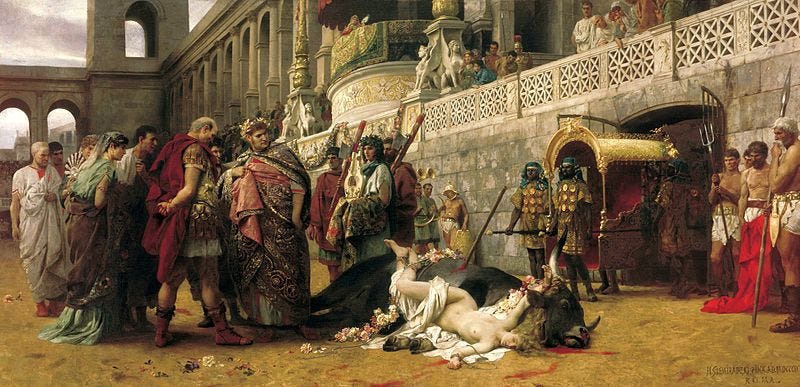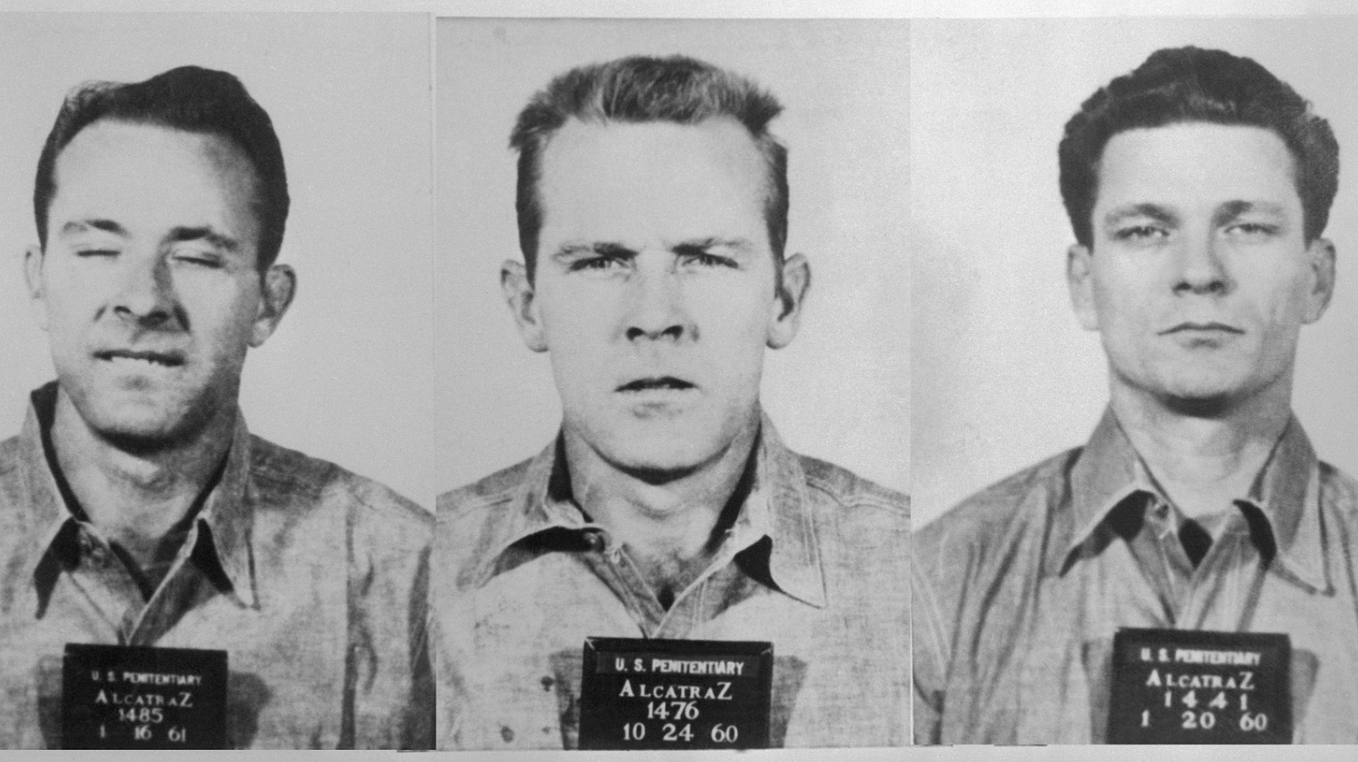The Emperor’s Rival
How Prince Eugene of Savoy Became Europe’s Greatest General
The life and battles of the man who repeatedly defeated Louis XIV’s armies.
We’ve all heard tales of unlikely heroes, those who rose from obscurity to become legends. Prince Eugene of Savoy was one such man.
Born into the luxurious world of Versailles, few could have foreseen his eventual path. The diminutive and sickly prince was repeatedly snubbed by Louis XIV, but in a delightful twist of irony, he became the Sun King’s greatest nemesis.
A Prince’s Early Struggles
Eugene was born in the bustling heart of Paris in 1663, cradled within the walls of the opulent House of Savoy. His birthright promised him privilege and power, yet the fates seemed to have other plans.
From an early age, Eugene’s delicate health made him an easy target. The glittering courts, which should have been his playground, were filled with whispers and jests at his expense. His slight frame and frail constitution belied a fierce spirit; the prince dreamt of donning armor, of leading charges, and of carving a name for himself in the annals of military history.
Louis XIV, the Sun King, whose very word was gospel in the French court, however, deemed Eugene unworthy of such dreams. The young prince’s application to join the prestigious French military ranks was brusquely denied by Louis, a blow that stung deeper than any jest or mock.
Yet, instead of quelling Eugene’s spirit, this rejection became the spark that ignited his ambition. Driven by a desire to prove his detractors wrong, he turned his gaze eastward to the Austrian Habsburgs.
This pivotal decision would not only reshape his destiny but would also significantly influence the tides of European history.
Rising Through the Ranks
Upon entering the Austrian army, it didn’t take long for Prince Eugene’s natural aptitude for military tactics to become apparent.
In this new environment, away from the prejudice of the French court, he was judged not by his lineage or physical stature, but by his acumen and dedication. His peers, many of whom had inherited their positions of authority, soon found themselves overshadowed by this French émigré who seemed to have an innate sense of the battlefield.
The year 1697 proved pivotal. As the Habsburgs faced off against the formidable Ottoman Empire, the stakes were high. The Battle of Zenta, situated by the banks of the Tisa River, was where Eugene’s genius truly unfurled.
He masterfully outmaneuvered the Ottoman forces, leveraging both the landscape and innovative strategies to secure a decisive victory. This triumph did more than just expand Habsburg dominion over Hungary; it sent shockwaves through European corridors of power.
Word of this brilliant strategist spread rapidly, echoing from the cobbled streets of Vienna to the grand halls of London. Eugene’s once-mocked ambitions had now set him on the path to becoming a legend in European military history.
Confronting the Sun King
The world of European politics and warfare is tightly knit, where destinies intertwine in the most unexpected of ways. And so it was that Eugene, the once-scorned prince, found himself on a collision course with the very monarch who had dismissed him — Louis XIV, the grand Sun King of France.
The tension between the two was not merely personal; it was emblematic of the larger clash of European powers. As the new century dawned, the stakes grew higher. Louis XIV’s ambitions for continental dominance made him the proverbial bull in the European china shop, with nations scrambling to check his advances.
Enter the Duke of Marlborough, John Churchill, an English general known for his tactical prowess. Recognizing the potential in a partnership, Eugene and Marlborough joined forces, creating a military alliance that would prove to be Louis XIV’s nightmare. Their complementary skills — Eugene’s strategic mind and Marlborough’s battlefield tenacity — became a formidable combination.
The culmination of their collaboration was the Battle of Blenheim in 1704. Set against the picturesque backdrop of Bavaria, this confrontation was anything but serene.
Eugene and Marlborough, leading a coalition army, faced off against a massive French-Bavarian force. Employing a series of feints, flanking maneuvers, and audacious cavalry charges, the allies outwitted the French. Louis’s “invincible” army crumbled, suffering heavy casualties.
The defeat at Blenheim was a stinging blow to Louis XIV, stalling his territorial ambitions. More importantly, it signified a shift in the balance of power, heralding a new era where alliances and strategy could challenge even the mightiest of empires.
Legacy of the Undaunted Prince
Prince Eugene of Savoy’s legacy is not just military history, but in the very fabric of European diplomacy and balance of power.
Through his brilliant campaigns against Louis XIV, he became a beacon of resilience, demonstrating that tactical genius could level the playing field against overwhelming odds. His victories echoed a message throughout Europe: even the mightiest empires could be challenged by those determined enough to resist.
Under Eugene’s shadow, smaller nations began to see the value in coalitions and strategic alliances, laying the groundwork for future diplomatic endeavors and treaties.
This shift, championed by Eugene, ensured that no single entity could unilaterally dictate the course of the continent. As Europe mourned his passing in 1736, it was clear that the undaunted prince had left an indelible mark on the geopolitics of the continent.
References & further reading:
- Henderson, N. (1966). Prince Eugen of Savoy: A Biography. Weidenfeld & Nicolson.
- McKay, D. (1977). Prince Eugene of Savoy. Thames and Hudson.
- Lynn, J. A. (1999). The Wars of Louis XIV, 1667–1714. Longman.
- Childs, J. (2003). The Nine Years’ War and the British Army. Manchester University Press.









